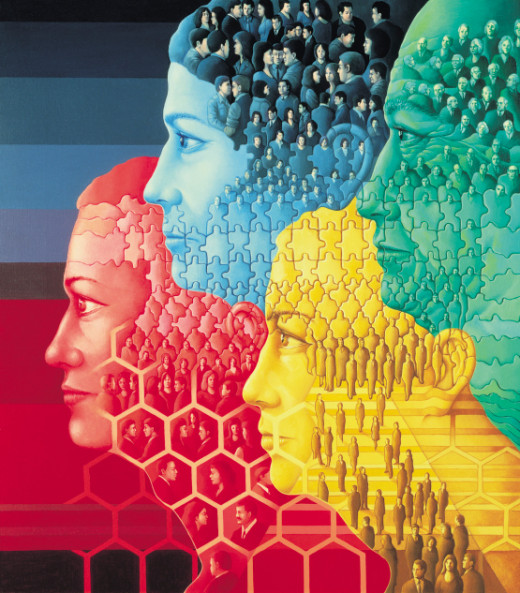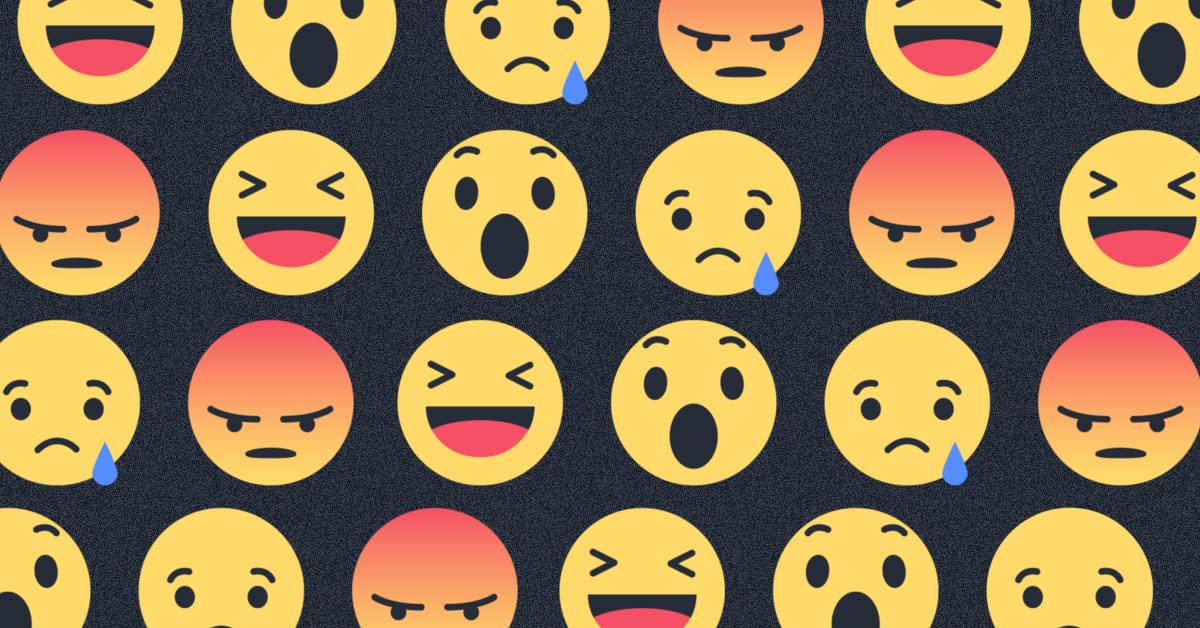Are Men and Women Living in Different Emotional World?

In our society men have always been viewed as different from women in many ways. For example, according to one old saying, “Men are from Mars and Women are from Jupiter.”
Based on one recent finding, women and men are also believed to be living in separate emotional world. It’s believed, that women are more emotional than men, and that men by contrast are “uptight,” repressed, unfeeling, or at least more limited in emotional expression! In in attempt to validate this belief, researchers think it would be best for them to try to approach this scientifically. As a result, they designed a study in which subjects were asked to provide answers to these few emotionally related questions below:
1.Do men and women interpret emotion differently?
2.Do men and women, for example, assign different causes to emotion in general and to individual emotions in particular?
3.Do they attribute some emotions to men and others to women?
The randomly selected study group --- which consisted of twelve males and twelve females--- was presented with the following ten emotions:
- Interest
- Fear
- Disgust
- Happiness
- Surprise
- Distress
- Anger
- Shame
- Contempt
- Sadness
They were all asked to give an explanation for each of the above emotion in an anonymous person. They were also asked to verbalize how would they know, in real life, what that person might be feeling and what would the clues be? Finally, for each emotion, the subjects were asked whether they thought that unspecified person was a man or a woman.
The kind of answers these students have provided, have led the researchers to the conclusion that there were some significant and interesting differences in men’s and women’s attributions of emotions, and these different attributions fit in with certain culture-based gender stereotypes. Males are generally expected to be more focused on the outside world of politics, business, sports, and the like.
Based on the feedback from this study, the male subjects were found to be indeed more likely to attribute emotion to external --- that is, situational causes. Women in general, are expected to be concerned primarily with the “inner life” of love and family relationships, but (in compensation, some would world) they are allowed greater freedom to delve into emotions and the inner self.
Female subjects on the other hand in the study, had the tendency to attribute emotion primarily to relational causes (such as interactions with others) and secondarily to internal causes(such as moods). It’s believed that concern with interpersonal relationships might be one of the reasons women have such difficulty lying convincingly.
This basic difference in male and female attributions was particularly obvious when the subject addressed anger and fear. Both genders attributed anger to relational causes, but women did so to a greater extent than men. In the case of fear, both genders relied on internal explanations --- that is, to explanations based on disposition, mood, personal desires, or needs. But women tended to rely more largely on internal explanations than men did.
The question is, do men and women go a step beyond such sex differences in attributions and think of emotions as characteristically either male or female? Here, we might expect cultural stereotypes -- for example, anger is male, fear is female --- to lead to consistent sex-typing of individual emotions.
The researchers discovered however, that men were more likely to sex-type emotions: For all the emotions tested men had the tendency to describe them as characteristically male. Women, in contrast, appeared less willing to categorize any emotion as strictly male or female. Some believed that men tend to generalized their own emotional perspectives to everyone else, including women.
Finally, the experimenters found that the men who participated in this study were more likely to regard most of the emotions studied as subject to self-control. The only expectations were anger and fear, which they did not see potentially controllable while the women did.
The suggestion is that we should think emotions as “Male”--- If men attribute emotions primarily to external factors, and assert the possibility of personal control over most emotions. It appears that men believe they can control external forces to some extent, according to the researchers.
The conclusion drawn here, is that men and women do live in different emotional worlds. If both sexes perceive emotions differently, it’s also likely that they will respond to emotion differently. What the researchers would like to bring to our attention however, is that this does not mean that men and women have different capacities for emotion and its expression. They believe it merely shows that they have the tendency to use (or choose not to use) their capacities differently, in different situations.








